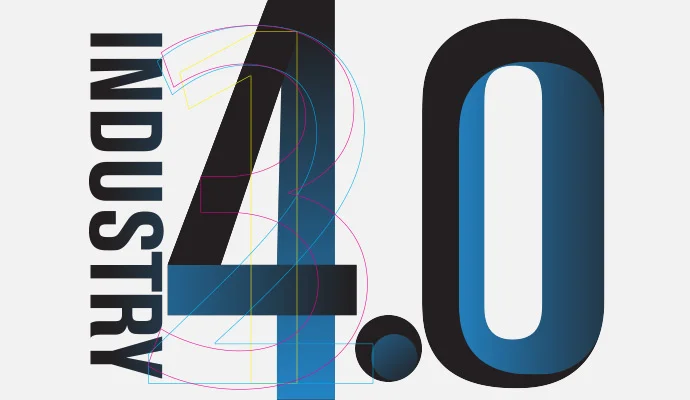Our Blog
As more day to day objects become infused with sensors and some are even having the ability to communicate, like our smartphones, the new information networks arising promise us more in the creation of new business models, improving the said processes and reducing costs and risks in businesses. Most organizations have their information traveling along familiar routes, to be precise, propriety information is embedded within the databases and is analyzed in reports then, passed up the management chain. Information also has the potential to originate externally, having been gathered from public sources, or harvested from the web, or even purchased from web analytics companies.
Industry 4.0, a coined term, used to refer to combining several major innovations in digital technology, which are presently maturing to transform the energy and manufacturing sectors. These major innovations and technologies include advanced robotics and artificial intelligence; cloud computing, sophisticated sensors; the Internet of Things (IoT); digital fabrication with its 3D printing technology; data capture and analytics; software-as-a-service (subscriptions and billings) and other new marketing models.
In manufacturing, several key factors heavily influence it. Commonly known as lean manufacturing principles, they need to be implemented to get the most out of manufacturing. Failure to understand these lean principles and further apply them will undoubtedly lead to failure and a lack of commitment from your organization and employees to be precise. Manufacturing processes need the commitment to become effective, and thus, this article reviews the key lean manufacturing principles which should enable you to get started. These are merely "guiding principles" of lean manufacturing as there exist numerous, albeit these are the key ones.



It is no secret that Industry 4.0 is here. For those of you keeping score, the 4th industrial revolution is arguable the 4th time in human history that a transformation in manufacturing modified the production process though technology. The first was the invention of steam power around the 1800’s that changed the location and speed to which products were produced. The second industrial revolution is coined the “technological revolution” which occurred in the 1900’s and centered on the adoption of the telegraph and the inventions of electricity and the telephone.